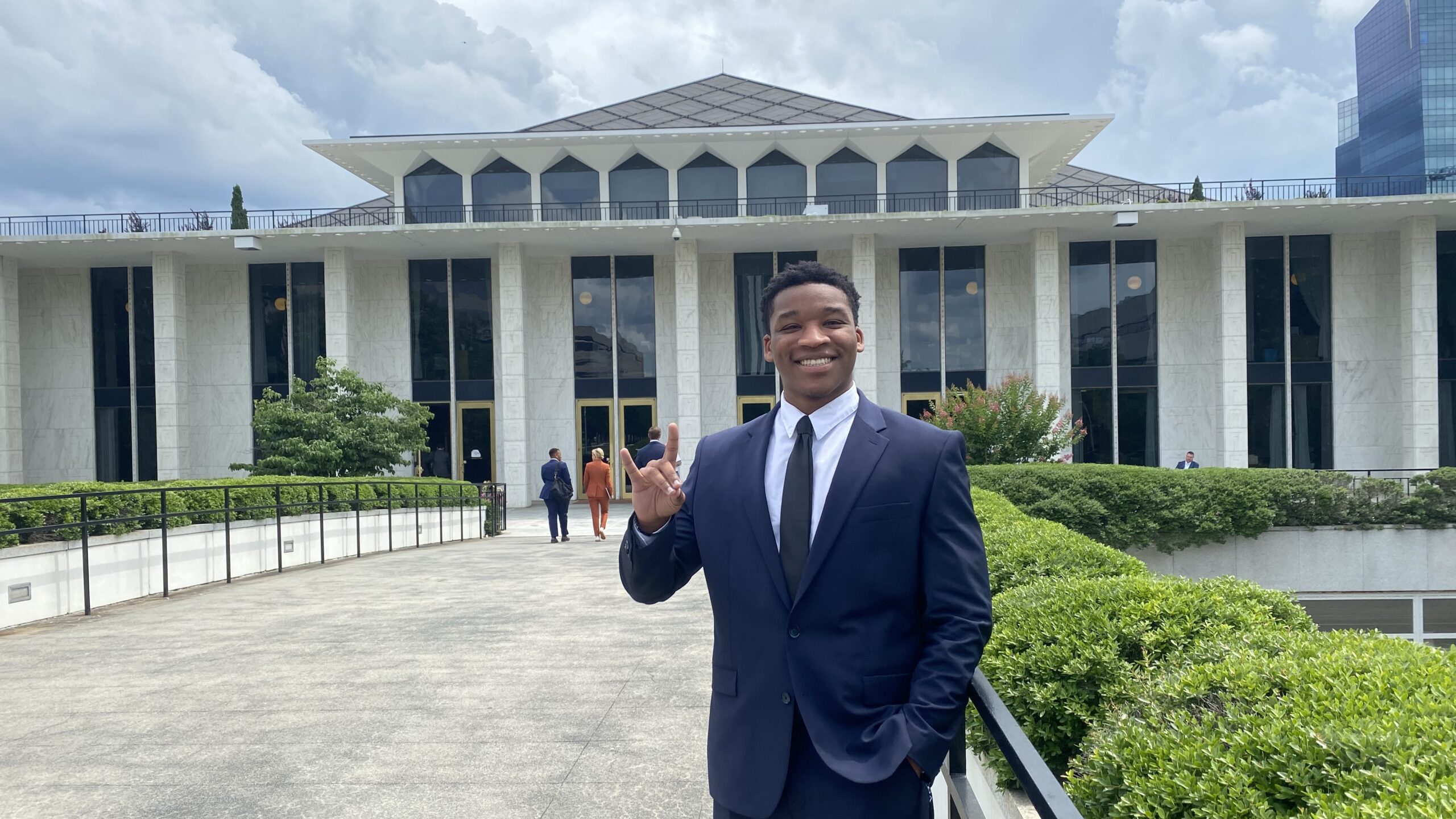North Carolina Leaders for Political Dialogue

With a growing rift between political party lines, talking about politics can sometimes seem like an impossible feat. North Carolina Leaders for Political Dialogue aims to combat that. The website describes their mission as an initiative that “aims to create a meeting place – a forum – where representative voices, bipartisan and nonpartisan, undergraduate and graduate, can convene to discuss issues and hear each other’s point of view with curiosity and without fear.”
Harrison Preddy is the president of NC State’s chapter of College Republicans and was involved in the 2017 inaugural conference. The conference spans one weekend and brings together students from all partnering universities in North Carolina that identify on all points on the political spectrum.
Preddy got involved in the program after being recommended by Dr. Taylor. He was put in contact with Linda Low, a graduate student at Duke who was one of the founders of LPD. After meeting with her, he decided to get involved: “I really felt like it was something I could get behind.”
The 2017 conference had a total attendance of 40 students, and spanned four of North Carolina’s campuses: Duke, UNC, NC State, and NCCU.
“We have three main goals,” said Preddy. “Deliver a forum that facilitates experiential, thoughtful, and substantial dialogue. Second, to develop a model for dialogue. Our third goal is to offer skills training. We don’t want this to be one weekend where people from the right and left just talk. We want to give them tools to facilitate dialogue.”
These goals are designed to replicate this model in other communities to foster healthy dialogue across party lines.
“When we’re talking to someone about our views politically, we find ourselves thinking ‘how can I come back at that’ instead of considering what they’re saying. This was something we wanted to tackle.”
Preddy was in charge of putting together the small groups, an important part of ensuring productivity. “We mix groups based on ethnicities, gender, universities and their self identification on the spectrum.”
Preddy says the most important thing he learned while working with LPD is that both sides of the spectrum aren’t that different in terms of goals. “Both sides of the spectrum have a goal to make life better for people in general, to raise the standard of living,” says Preddy. “The differences come in how both groups decide to go about bringing that about. That’s something we forget: to humanize the other side. It’s easy to hide behind our ideology. The commonalities could bring us together, while not changing opinions.”
This idea comes from the program’s core belief in basing discussion on root needs. “We had a question about gun ownership. Someone on the left may say they don’t want guns around because they make them feel unsafe. Republicans on the other hand may say they want guns for protection because they want to feel safe. The root need is safety. Knowing that, I can empathize and it opens the door for dialogue.”
LPD boasts a survey result in which 90% said they would approach political dialogue differently, and 100% of respondents said they would recommend LPD to a friend. These are impressive results after just one forum.
“There are not many programs like this,” Preddy responded when asked why he would recommend this program over others. “When you go about dialogue with the initial intent on changing people’s views, you are going to fail…We develop a trust among us that we were going to listen to one another and not immediately make judgments.”
LPD’s 2018 conference will build upon the success of last year’s forum. Applications will open in September, and the conference will take place in November, spanning two days just as it did in 2017.
Learn more about LPD by visiting their website: https://www.leadersforpoliticaldialogue.org/


